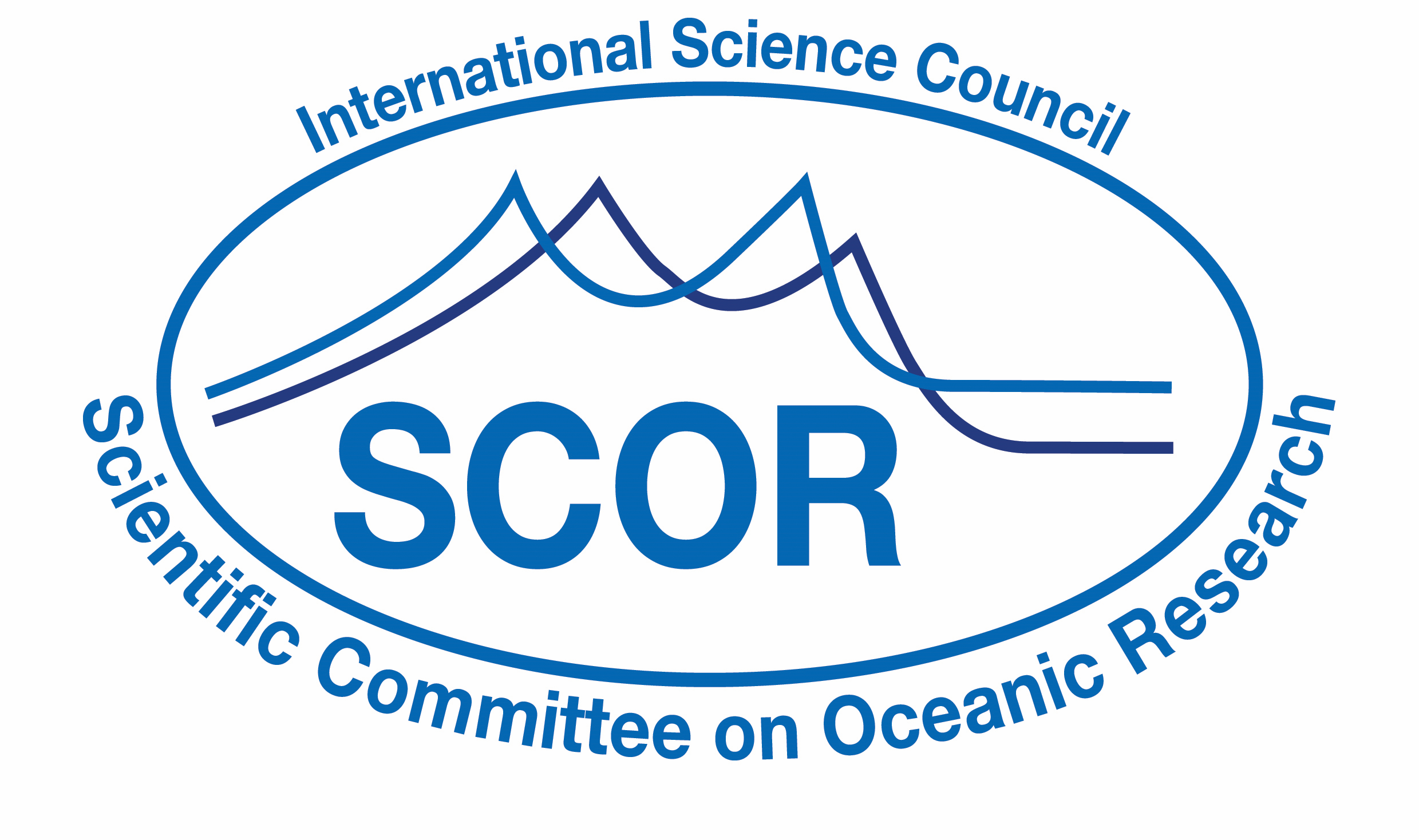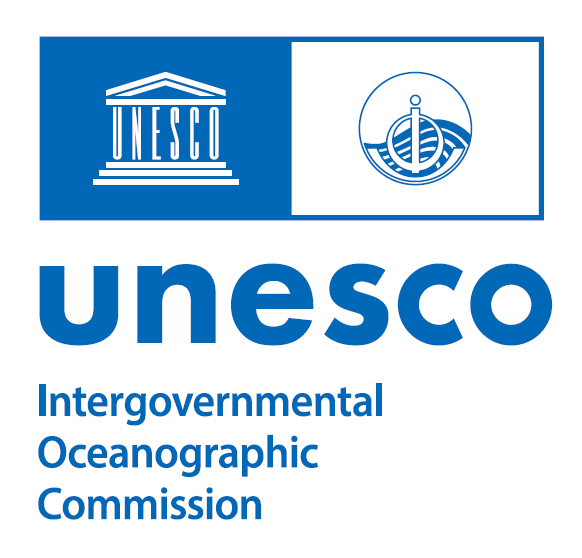The aim of the symposium was to bring together experts on, and users of, automated in situ imaging systems to present methods, recent results and to share experiences. Another aim was to carry out a comparison of results when analysing plankton communities quantitatively. Young scientists were particularly encouraged to attend the symposium and a special follow-on workshop for young scientists on data processing.
Dates
Symposium: 22-26 August 2022
Agenda and presentations
See below. Many of the presentations made are available to download as pdf's.
Venue
Kristineberg Marine Research Station
Kristineberg 566
Fiskebäckskil SE-451 78
Sweden
https://www.gu.se/en/kristineberg
On site participants

Symposium agenda
All times are for Swedish summer time (UTC + 2)
Monday 22 August
Arrival and set up of instruments
1200 Lunch in restaurant Mässen for early arrivals
1500 Coffee and tea
1800 Dinner
1930 Ice breaker in restaurant Mässen
Tuesday 23 August
0900-1200 Session 1 in plenum Presentations - focus on HAB observations
0900-0915 Welcome and practical issues (Bengt Karlson and Peter Tiselius) download pdf
0915-0930 Introduction to automated HAB observations (Bengt Karlson) download pdf
0930-0945 Introduction to the Imaging FlowCytobot phytoplankton sensor (Mike Brosnahan) download pdf
0945-1000 Using the Cytosense for HAB observations (Felipe Artigas) download pdf
1000-1030 Health break
1030-1045 Using the FlowCam for HAB observations (Ian Salter and Savannah Judge) download pdf
1045-1100 Plankton Classification with CNNs (on-line presentation by Sidney Batchelder, WHOI, USA) download pdf
1100-1200 Speed talks by participants (max 2 minutes, one slide - presentation of persons and scientific interests connected to automated HAB observations)
1140-1200 Discussion
1200-1245 Lunch
1245-1300 In plenum
Introduction to intercomparison (Bengt Karlson)
1300-1500 Quick demonstrations and hands on training (split into smaller groups)
Stop 30 minutes at stations.
IFCB (three instruments)
CytoSense (two instruments)
FlowCam (one FlowCam Macro, a FlowCam 8400 arrived later in the week)
1500-1530 Health break
Session 2 Demonstrations of software etc. in plenum
1530-1600 IFCB (Mike Brosnahan, Vinnie Ferreira and Tom Fougere)
1600-1630 CytoSense (Felipe Artigas, Vikram Rao and Rob Lievaart) download pdf
1630-1700 FlowCam 8400 and FlowCam Macro (Terje Berge, Savannah Judge, Nicole Gill and Ian Salter)
1700-1800 Discussions
1800 Dinner
1930-2100 Session 3 Evening session in plenum – presentation by persons not on site
1930-1945 Which, where, and when?: Sharing HAB data products from automated in situ observations of plankton, Stace E. Beaulieu, Woods Hole Oceanographic Institution, USA download pdf
1945-2000 Questions and discussion
Wednesday 24 August
Early morning - collection of field samples with ~75 litres of seawater with a phytoplankton community (from the depth of fluorescence maximum = 12 m) (Peter Tiselius and others). In addition zooplankton was collected using 90 µm net (to be discussed with Terje Berge)
Early morning - preparing mix of cultures of phytoplankton for intercomparison (Wenche Eikrem and others)
0900-1000 Intercomparison start - description of experimental design etc.
1000-1030 Health break
1030-1100 Distribution of samples for intercomparison (field sample + mixed cultures)
1100-1200 Analysis of samples for intercomparison and ad hoc hands on training
1200-1300 Lunch
1300-1500 Analysis of samples for intercomparison and ad hoc hands on training
1500-1530 Health break
1530-1700 Analysis of samples for intercomparison and ad hoc hands on training
1800 Dinner
1930-2100 Session 4 Evening session in plenum
Adrian Parker & Pedro A. Martínez, Sixsenso Technologies S.L. “Rapid and on-site phytoplankton assessment in water.” download pdf
Felipe Artigas et al. English Channel and Southern North Sea monitoring download pdf
Raphe Kudela et al. IFCB network in the Philippines download pdf
Thursday 25 August
0830-1200 Session 5 Presentations - regional observing systems etc.
0830 An evaluation of the Imaging Flow Cytobot (IFCB) as a tool for monitoring harmful marine micro-algae in an aquaculture region (Marlborough Sounds, New Zealand) (Lincoln A. McKenzie, Raphael Kudela, Ben Knight and Kirsty Smith) download pdf
0845-0900 Using IFCB to monitor filamentous cyanobacteria in the Baltic Sea - automated data pipeline and CNN based classification system (Kaisa Kraft) download pdf
0900-0915 Using different FlowCams to observe grazers (Terje Berge) download pdf
0915-0930 HAB observing systems in California using IFCBs (Raphe Kudela and Kasia Kenitz) download pdf
0930-0945 Observations of HABs in the Shetland Islands using the IFCB (Callum Whyte and Keith Davidson) download pdf
0945-1000 Discussion
1000-1030 Health break
1045-1100 The Norwegian coastal observing system in the Skagerrak - on-line presentation (Lars Naustvoll, Mona Ring Kleiven and Hege Skaar) download pdf
1100-1115 HAB hub webserver for data visualization and sharing (Mike Brosnahan, Ethan Andrews, Claire Anacreon, Kali Horn, and Mindy Richlen) download pdf
1115-1130 Automated HAB observations in Sweden (Bengt Karlson) download pdf
1130-1145 Automated HAB observations using the CytoSense in Greece and Croatia (Athanasia Sakavara) download pdf
1145-1200 Automated HAB observations using the CytoSense in Croatia (Ivan Vlašiček) download pdf
1130-1200 Discussion
1200-1300 Lunch
1300-1500 Gather in plenum first. Later - working up data from intercomparison and ad hoc hands on training
1500-1530 Health break
1500 Working up data from intercomparison and ad hoc hands on training
1800 Dinner
1930-2100 Session 6 Invited presentations by persons that are not on site.
1930-1945 Applications of the HABStats Raman Imaging Flow Cytometer, Scott Gallager, USA
1945-2000 Questions and discussion
Discussion about data standard (postponed to another meeting)
Standards and practices for reporting plankton and other particle observations from images Technical Manual
Neeley, A., Beaulieu, S., Proctor, C., Cetinić, I., Futrelle, J., Soto Ramos, I., Sosik, H., Devred, E., Karp-Boss, L., Picheral, M., Poulton, N., Roesler, C., and Shepherd, A.. 2021: Standards and practices for reporting plankton and other particle observations from images. 38pp. DOI: 10.1575/1912/27377.
Best practices and recommendations for plankton imaging data management: Ensuring effective data flow towards European data infrastructures. Version 1.
Martin-Cabrera P. et al. 2022
Common data formats for imaging in flow data products.
Friday 26 August
0830-1000 Session 7 Presentations on, and demonstrations of, AI/machine learning and novel technologies for automated identification of plankton
Hanam Thang (on-line) Detection and monitoring of HABs using remote sensing and machine learning in inland reservoirs: a case study from Tri An reservoir, Vietnam download pdf
Raphe Kudela et al. Development and comparison of IFCB classifiers in coastal California download pdf
Mike Brosnahan et al. PhytoARM: Phytoplankton Observing- Automated Remote Management, a ROS-based sensor integration system and its applications in aquaculture download pdf
Bengt Karlson The European IFCB Network and sharing of annotated images for classifier development using http://nordicmicroalgae.org download pdf
Discussion
1000-1030 Health break
1030-1200
Session 7 continues
Luis Felipe Artigas, Guillaume Wacquet, Alexandre Epinoux, Arnaud Louchart, Florine Verghaeghe, Clémentine Gallot, Zéline Hubert, Pierre-Alexandre Hébert, Emilie Poisson-Caillault, P. Grosjean, Thomas Rutten
Automated classification/recognition of phytoplankton from optical features, pulse shapes and images download pdf
Jacqueline Chrabot Planktoscope: In-situ portable digital imaging instrument download pdf
Discussion
1200-1300 Lunch
Session 8 The instrument manufacturers perspectives
1300-1350 The industry perspective - Mclane Laboratories Inc. (Tom Fougere) download pdf
1315-1330 The industry perspective - CytoSense Bv (Vikram Rao and Rob) download pdf
1330-1345 The industry perspective - Yokogawa Fluid Imaging Technologies (Savannah Judge and Nicole Gill) download pdf
1400-1500 Processing of data from intercomparison, packing of instruments
1500-1530 Health break
1530-1630 Presentation of preliminary results from intercomparison
1630-1730 Wrap up and what is next? Publications? Discussion
Evening: JERICO-S3 discussions
1800-2100 Symposium dinner
2100- ? After dinner discussions
Saturday 27 August
Breakfast
Departure for most of the participants
A few young scientists work with the data from the intercomparison
Sunday 28 August
A few young scientists work with the data from the intercomparison

